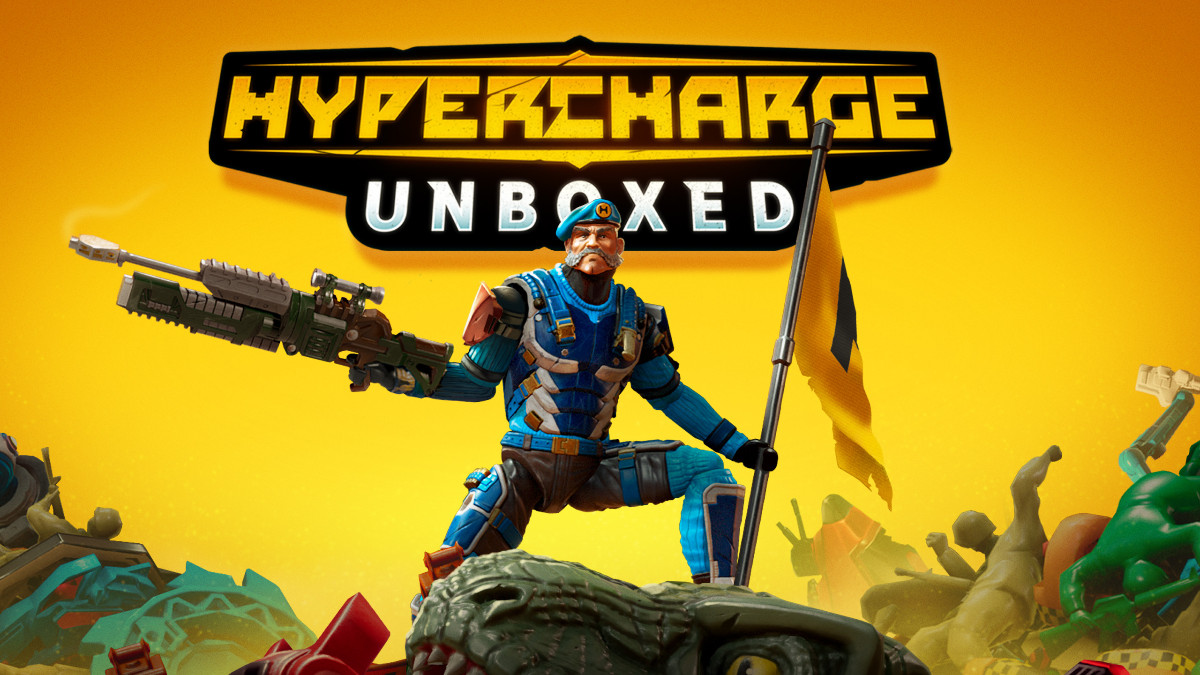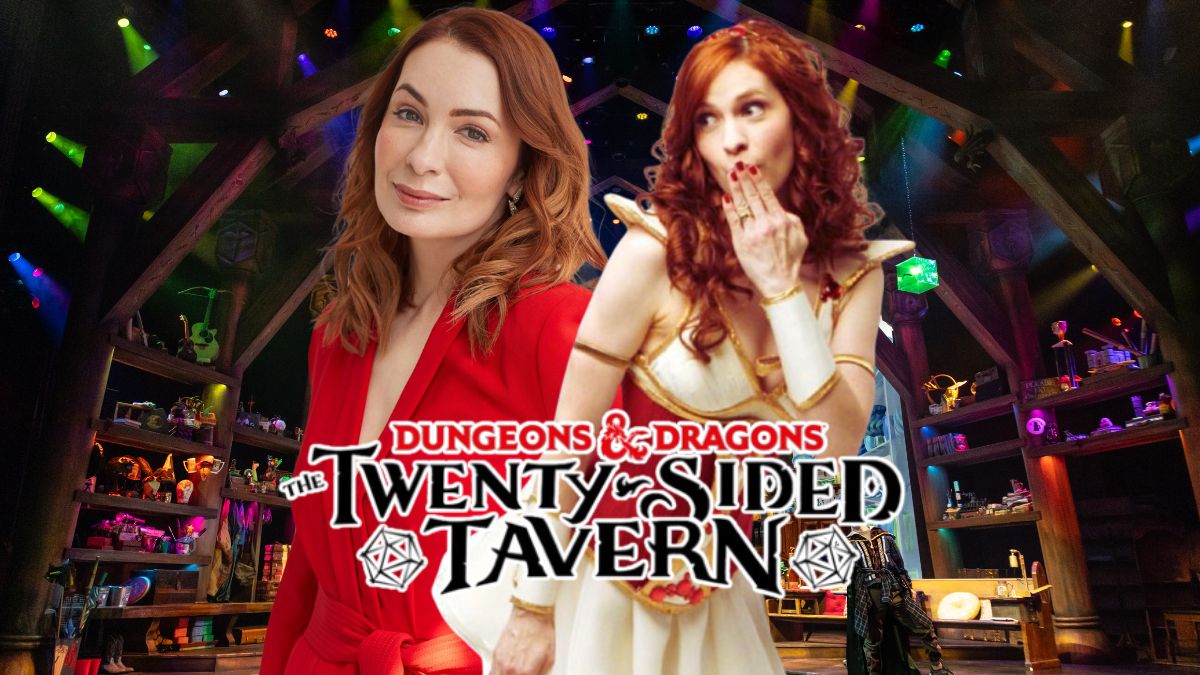 When the announcement about the formation of Gamecock went out, the first question asked around the world was, “Gamecock?” However, I was intrigued by the return of the G.O.D. ethos. I talked to Mike Wilson, their CEO and Head of Marketing, Harry Miller, President and Head of Development, and Rick Stults, their Head Financial Officer, about the name and about Gamecock’s drive to put the kickass back in game development.
When the announcement about the formation of Gamecock went out, the first question asked around the world was, “Gamecock?” However, I was intrigued by the return of the G.O.D. ethos. I talked to Mike Wilson, their CEO and Head of Marketing, Harry Miller, President and Head of Development, and Rick Stults, their Head Financial Officer, about the name and about Gamecock’s drive to put the kickass back in game development.
The Escapist: Who are we talking to? What are your role(s) at Gamecock?
Gamecock: Mike Wilson, CEO and Head of Marketing, Harry Miller, President and Head of Development, Rick Stults, Head Financial Officer
The Escapist: I pretty much have to ask this. Gamecock? Publishing Mushroom Men? What’s the deal with the name?
Mike Wilson: I agree, what IS the deal with the name? It sounds like fun though, right? We make video games. Have a good time, laugh a little. I think the real question is why hasn’t anyone ever done this before, it’s so obvious! It’s time to stop focusing on the publisher and more on the developers and games themselves. Gamecock is just going to be a little name on the back, it’s the guys making the games that get the credit.
 The Escapist: What happened to G.O.D.? What are you going to do differently this time around?
The Escapist: What happened to G.O.D.? What are you going to do differently this time around?
Harry Miller: When we were running G.O.D. things just got too bland and we saw things taking a turn for the worst in the industry as a whole, so we took our cue and retreated to the Fortress of Cock-titude. If you want to read up on some of the history take a look at the “Legends” page on our site. It tells the tale far better than I ever could here. It’s no Illiad or Odyssey, but there’s like 12 muses, a Cyclops and one hell of a cockfight.
The Escapist: Tell me about your initial lineup. Why those games? What about them is appealing to you as a company?
Harry Miller: Every one of the games has been hand picked like the grapes fed to me by my chambermaids. We’ve said it before, but what the hell, I’ll say it again – we were looking for original games that made us stop and take a second look because it’s that cool. We also asked around to other developers, if the people making games think they are worthy, then those are the folks I like to trust. That’s basically how we chose the starting lineup, but we’ve still got some new things on deck…
The Escapist: Looking forward, what makes a Gamecock game? What do you think will define you?
Mike Wilson: Fun, a sense of humor, a keen sense of style and panache… you know all the important things in life. We don’t have any set parameters, it really just has to be something we think people will play and the developer believes in.
The Escapist: What do you look for in a potential developer? What kind of person/team do you want to work with?
Harry Miller: We’re looking for developers who share our idea of where the industry should be going. Indie games have been caught in the middle for too long and we want to start forming relationships with the guys out there who are looking to help get things back on track. Ultimately, originality and fun are the staples of what we’re looking for. You should also be prepared to box a six foot tall rooster from time to time; it helps with the bonding process.
 The Escapist: What do you guys bring to the table that other publishers don’t, especially other would-be indie publishers? What will you do differently?
The Escapist: What do you guys bring to the table that other publishers don’t, especially other would-be indie publishers? What will you do differently?
Rick Stults: First off, we used to be G.O.D. so we know what it is to be a developer staring down the barrel of those big industry guns. We’re not looking to put developers on the spot, treat them like a cash cow and make outlandish demands of them. We’ve got the experience and the know how to work with the developers on their level. I think it goes without saying, but if we take on a project, we believe in it and we’re going to give it 110% on our end; something the big guys don’t always do.
The Escapist: A lot of publishers try the “we’re going to publish awesome, cutting-edge, artistic games” approach, then wind up having to do normal, mainstream games just to keep the lights on. Do you foresee that happening? What will you do if you have to make that choice?
Rick Stults: We aren’t “a lot of publishers” 
The Escapist: Related to the question above, but a lot of companies try to publish cutting-edge, artistic-type games and wind up running into trouble. For example, Majesco tried with Psychonauts and Advent Rising and wound up in financial trouble, Clover/Capcom tried with Okami and God Hand, and Capcom wound up dissolving the studio, etc. Is there really a market for artsy-type games?
Harry Miller: Yeah I do think there’s a place for these games, all of them were great ideas that took games outside of the normal up, down, left, right sense and added some fresh features we’ve never experienced. There is a practical answer to all this, if you think about it, companies like Capcom and Majesco have a much higher overhead than anything an indie publisher would have. That’s one of the problems with the mega-corporations trying to handle games, if it’s not a blockbuster they’ll never re-coop the money they laid out in the first place, hence dissolving studios and stifling these great projects. We’re running a tight operation here, as an indie setup we don’t have to sell as many units of a game for it to cover our end and still make it profitable for everyone.
 The Escapist: What company/companies are you modeling yourself on? Who do you think is really doing things right?
The Escapist: What company/companies are you modeling yourself on? Who do you think is really doing things right?
Mike Wilson: The Gamecock struts to the beat of a different drummer, all natural and 100% kickass! We’re here to fill a void in the industry, hopefully someday when you ask this question again someone will say “Gamecock, they know what’s going on.”
The Escapist: What’s your publishing model going to be? Are you trying to compete in retail or doing something different?
Rick Stults: Well, I don’t think it’s any secret that the big guys pour tons of money into a game (it’s just not always spent the right way.) But, like we’ve said before, we’re not looking to conform to their “standards”. We will back our developers 110% and give them all the tools available to us so they can make a great game. Do I think we’re going to see any heavyweight bouts between Gamecock and [insert big scary company here] any time soon? No. The whole idea behind Gamecock is that we can take advantage of the fact that the games industry just can’t change.







Published: Mar 9, 2007 9:00 PM UTC